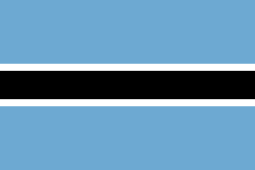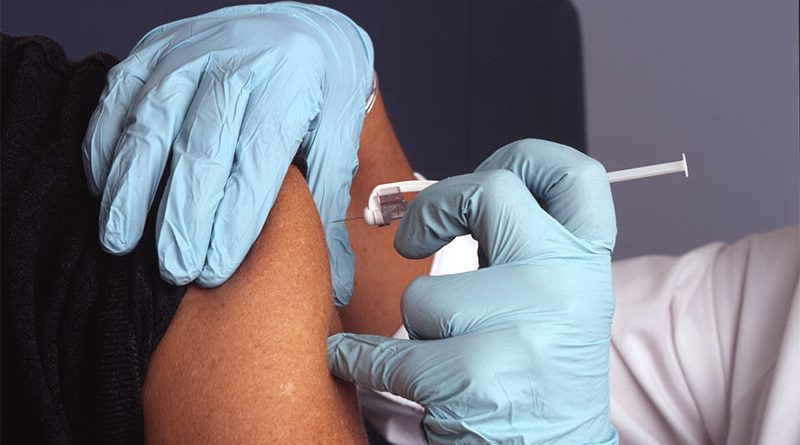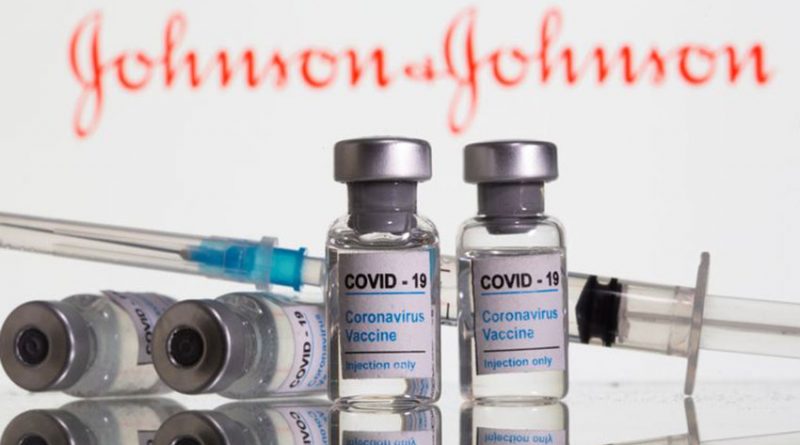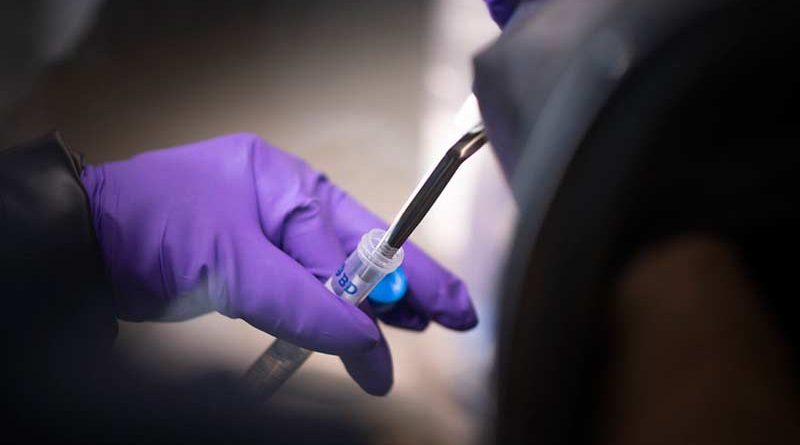GABARONE, Aug 17 (Reuters) - Botswana needs to budget an extra 1.13 billion pula ($100 million) to help secure COVID-19 vaccines and equipment as the southern African country battles the third wave of infections, Finance Minister Peggy Serame told parliament on Tuesday.
The extra money is almost triple the sum originally allocated in February to fight the coronavirus, but 70% of this money had already been depleted by July, Serame told lawmakers.
"A sum of 1.13 billion pula is requested as additional funding under the Ministry of Health and Wellness," Serame said ahead of a debate in parliament to be held over the next couple of days to approve or reject the additional funding.
"The amount is required for the procurement of medical supplies, mainly vaccines and associated medical items such as syringes, needles and surgical masks," she said during a presentation on the 2021/22 supplementary budget.
African countries have struggled to procure enough vaccines in a global scramble for doses that has seen poorer nations relegated to the back of a supply line amid mounting fatalities from a more infectious Delta variant. read more
Botswana’s COVID-19 death toll passed the 2,000 mark on Monday, up from 630 deaths in early April. So far only 161,000 out of its 2.3 million population have been fully vaccinated, according to the latest Health Ministry data.
Botswana's supplementary budget will be financed by drawing on special funds and reallocating some money from the development budget, Serame said.
However, prospects for a projected economic rebound of 8.8% this year have faded due to the heavy impact of COVID-19 and associated restrictions on movement in the diamond-rich country, Serame said, without giving an updated growth forecast.
In June the World Bank approved a $250 million loan to support Botswana's economic recovery efforts.
($1 = 11.2360 pulas)
Our Standards: The Thomson Reuters Trust Principles.
MORE than half a million Tunisians received vaccinations on Sunday as part of a national campaign to control the outbreak of COVID-19 after the country received more than 6 million vaccine doses from Western and Arab countries.
The slow pace of vaccinations and the handling of the pandemic caused a wave of protests against the government of Prime Minister Hichem Mechichi, who was dismissed by President Kais Saied two weeks ago among a series of emergency measures.
Five months after the start of vaccinations in the North African country, 1.3 million Tunisians have received two doses.
In an effort to speed up the vaccination schedule, Tunisia opened vaccinations for those over the age of 40, with thousands flocking to inoculation centers. The Health Ministry said 551,00 people received a vaccination on Sunday.
Intensive care units and emergency departments are full in hospitals across Tunisia. Doctors have complained of exhaustion and a shortage of oxygen supplies.
Tunisia seeks to vaccinate 50% of its 11.6 million people by mid-October.
The country has reported more than 20,000 deaths and more than 610,000 coronavirus infections since the pandemic began.
EGYPT has received its first shipment of one-shot Johnson & Johnson COVID-19 vaccines, obtaining 261,600 doses in cooperation with the African Union, the health ministry said.
The J&J vaccines will be distributed to 126 vaccination centres specifically for those who want to travel abroad, Khaled Megahed, assistant health minister for media and ministry spokesman, said in a statement.
Egypt recently began locally producing Sinovac’s COVID-19 vaccines, through a deal between the Chinese company and Egypt’s Holding Company for Biological Products and Vaccines (VACSERA).
The country has also received shipments of the Sputnik, Sinopharm and Oxford-AstraZeneca shots, including via COVAX, a global agreement established by the Geneva-based GAVI vaccine alliance and the World Health Organisation (WHO) for the equitable distribution of vaccines.
Egypt is reporting 54 new infections on average each day, 3% of the peak, with the highest daily average reported on June 19, according to the Reuters COVID-19 Tracker. The country has reported 284,641 infections and 16,566 coronavirus-related deaths since the pandemic began.
Egypt’s prime minister said in June the government’s aim was to vaccinate 40% of the population of more than 100 million against COVID-19 by the end of this year.
TUNIS (Reuters) - Tunisian President Kais Saied said on Monday that his country has received 6 million doses of the coronavirus vaccine as donations from friendly countries, as Tunisia struggles to stop the rapid spread of COVID-19.
Saied said that Tunisia’s vaccination rate will be accelerated. The number of deaths due to the pandemic has exceeded 20,000 in Tunisia.
Reporting by Tarek Amara; Editing by Leslie Adler
Our Standards: The Thomson Reuters Trust Principles.




